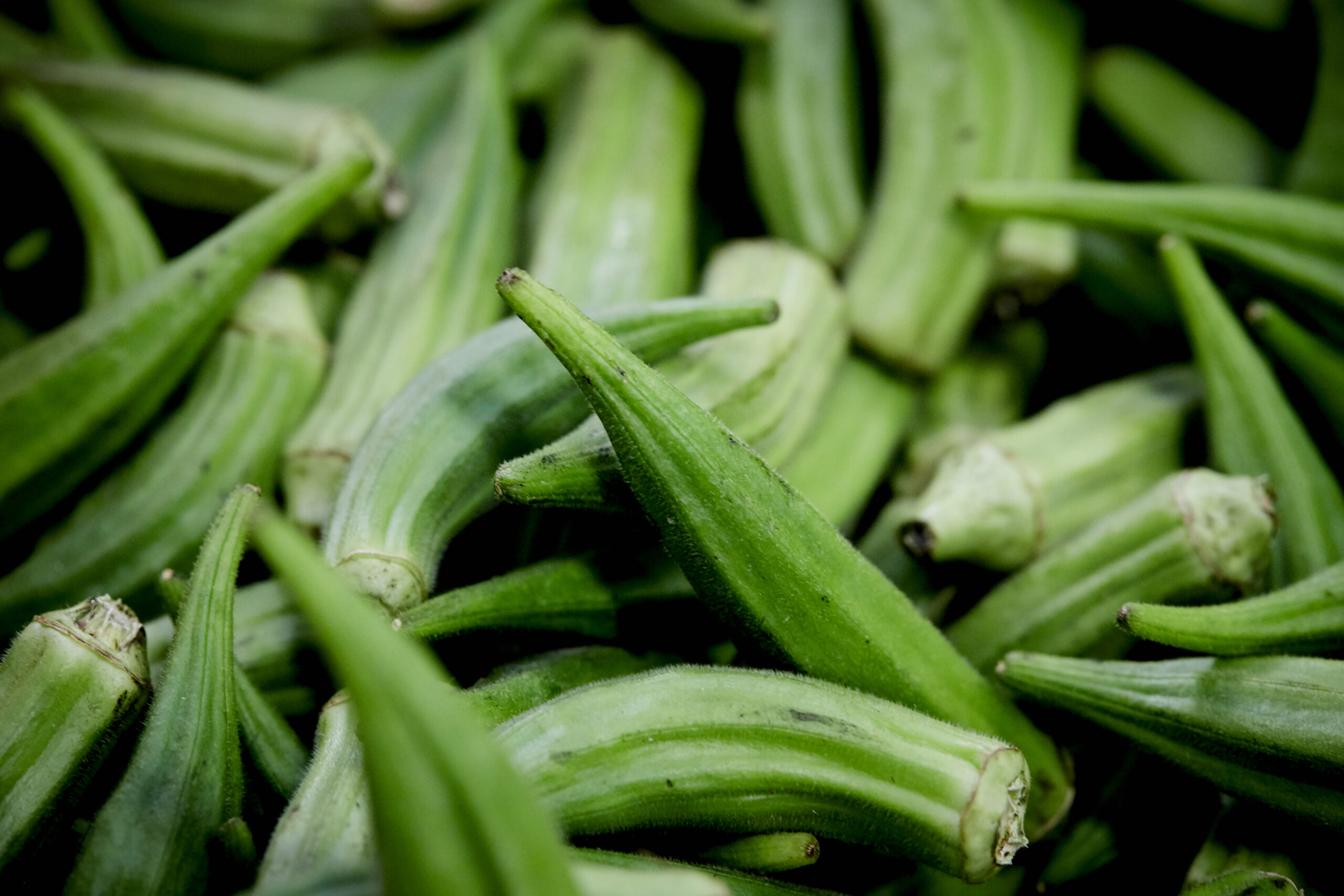1. Does the South Carolina Department of Agriculture (SCDA) conduct tests for quality on motor fuel?
Yes, the Department’s Consumer Services division conducts routine inspections and pulls random samples for lab analysis from establishments that convey motor fuel for sale in the state.
2. Does the SCDA monitor fuel prices in the state?
No. The SCDA does not interfere with the price of fuel. The SCDA only ensures that a price is displayed on the dispenser.
3. What should I do if I think I have received “bad” or contaminated fuel?
Consumers should contact SCDA at 803-737-9700, the number on the SCDA inspection sticker attached to the pump. It is very helpful if the consumer can identify the type and grade of product purchased, along with the pump number from which the fuel was dispensed. The receipt of the purchase can be very helpful and normally contains this information. Consumer Services, a division of SCDA, investigates complaints on motor fuel quality and/or quantity issues. Customers can assist in this process by contacting SCDA as soon as possible after the purchase so that we may dispatch an inspector to visually inspect and collect a sample for lab analysis while the product is still available. Upon request, we will provide a copy of the report of the lab analysis to the consumer.
4. Can the Department of Agriculture help me recover any associated expenses incurred as a result of purchasing contaminated fuel?
No. You will receive a copy of the lab analysis on the sample that you may use to support your claims.
5. Why are gas prices different from the coast to the Midlands to the Upstate?
The Department does not control gasoline prices. Some difference in the prices may be caused by transportation costs. However, most gasoline prices are set by the competition in the area.
6. If I take my 5 gallon can to the station to pump 5 gallons and it does not hold 5 gallons, am I being cheated?
Fuel container cans are not always accurate measures. Although your container may state the capacity to be five gallons, most gasoline cans are designed with additional “airspace” for expansion and to avoid overflow spillage. In most cases, fuel dispensers are much more accurate than ordinary containers used to purchase fuel for small engine applications.
7. If my vehicle is supposed to hold 19 gallons of fuel, but I pump 20 gallons in the tank, is the station dispenser inaccurate?
The manufacturer specifies the approximate size of the fuel tank in the specifications. However, through the manufacturing process fuel tank sizes vary. Fuel tanks on vehicles are also designed with an area for expansion. When we investigate these types of complaints, in the vast majority of the cases, we do not find anything wrong with the dispenser.






